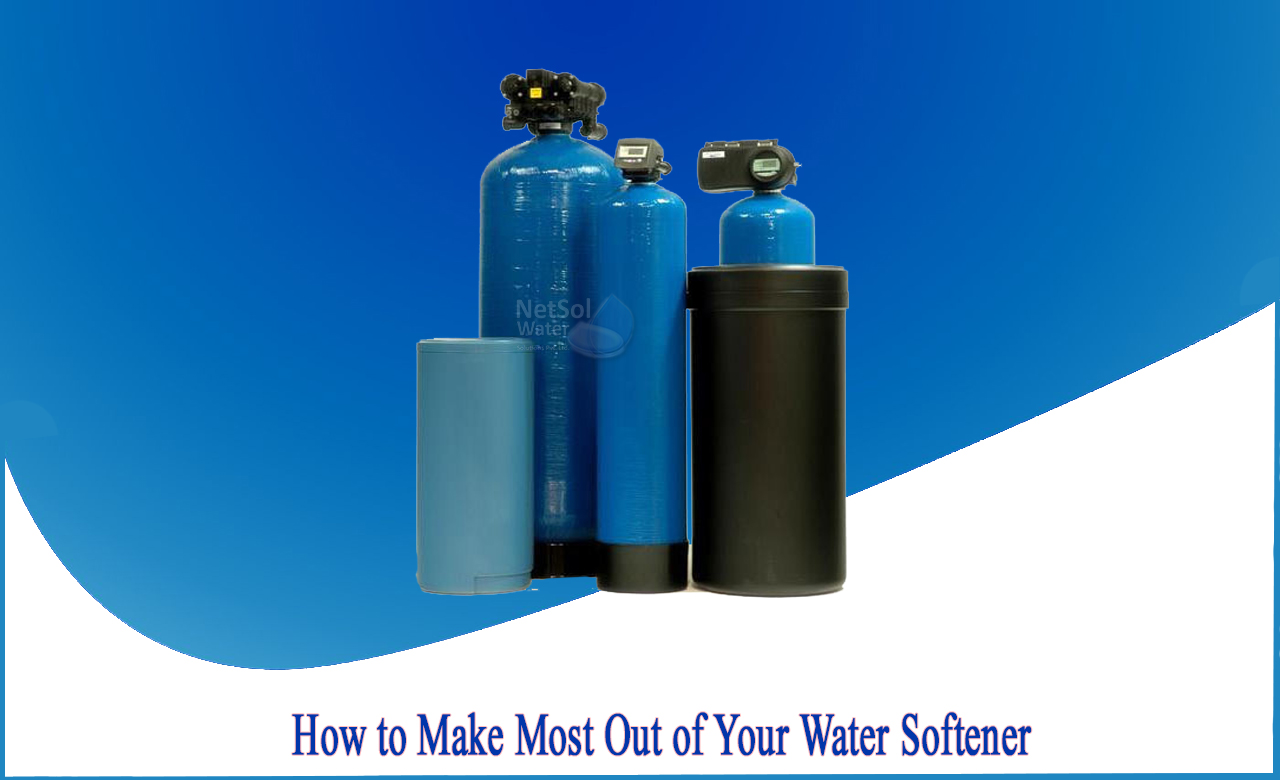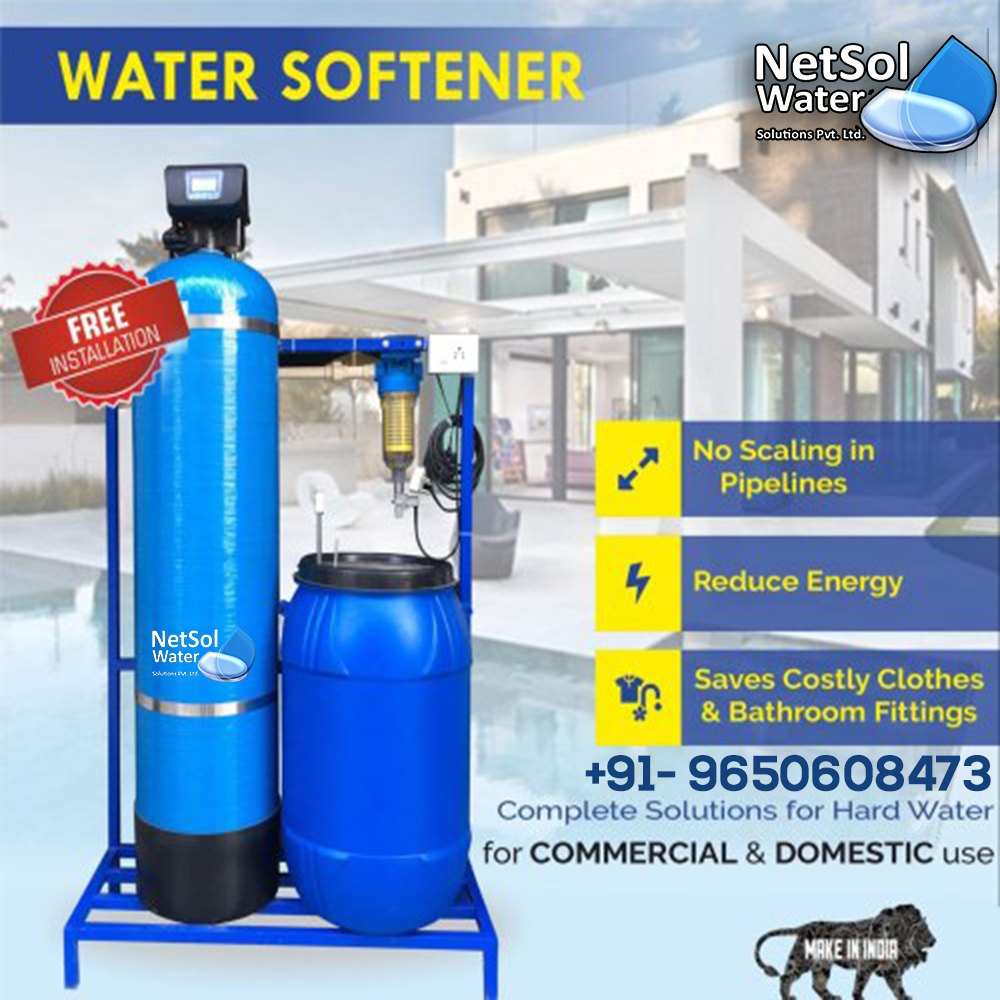INTRODUCTION
Many customers who have had a new water softener professionally built may not be taking full use of the equipment. When people have lived with hard water for a long time, they can get into habits that are no longer essential once they transition to soft water.
WHAT IS WATER SOFTENER AND HOW IS WATER SOFTENER HELPFUL TO MANKIND?
A water softener is a device that treats hard water by eliminating the minerals that cause it through an ion-exchange process. Resin within the system traps mineral ions that cause hardness and damage to your property and exchanges them for sodium and potassium ions.
For households who are suffering from the consequences of hard water, a water softener can be a lifeline. However, there are situations when a water softener isn't the best option. Water softeners may remove mineral ions, but they leave microorganisms and heavy metals like lead, mercury, and even iron behind. A water filtration system may be a better option for your home if you want better tasting water.
How to make most out of your water softener?
Make the most of t?he soft water you have in the following ways:
AMOUNT OF USAGE OF SOAP AND DETERGENT SHOULD BE REDUCED
One of the characteristics of hard water is that its high mineral concentration prevents soap suds from forming. As a result, in an attempt to compensate for the loss of cleaning power, people increase the amount of soap and detergent they use. When you switch to soft water, though, this is no longer an issue. We can't provide you an exact formula for using soap because everyone's routines, washers, dishwashers, and plumbing fittings are different. However, as a general rule, start by halving your soap usage and see how things go. When utilising soft water, you might be amazed at the amount of cleaning performance you can accomplish with very little soap.
TRY TO AVOID WASTAGE OF SOFT WATER
Soft water is great for a lot of things around the house, but it's largely squandered outside. There is no difference between using hard and soft water to water your garden or grass. So, when you need water outside, give your water softener a break and put it in bypass mode for a time.
STOP BUYING FERTILISED SOAPS
Harsh chemicals in fortified detergents and soaps are specifically intended to deal with the residual mineral content found in hard water. These compounds can cause skin reactions in persons with sensitive skin as a side effect, and they are no longer needed. When you wash, shower, and bathe with soft water, you can use pure soaps to get soft, clean skin with a natural aroma.
AVOID TO BUY FABRIC SOFTENER
The leftover mineral content of hard water is left knotted in the fabric fibres whenever we wash our garments. This results in early colour fading, stiffening of the fabric, and clothing which does not last as long exactly as intended. Many consumers use fabric softener to combat this, but this is no longer essential if you use soft water in your laundry regimen. Clothes and materials will indeed be cleaner and softer, the colours will be more vibrant, and they will last much longer.




